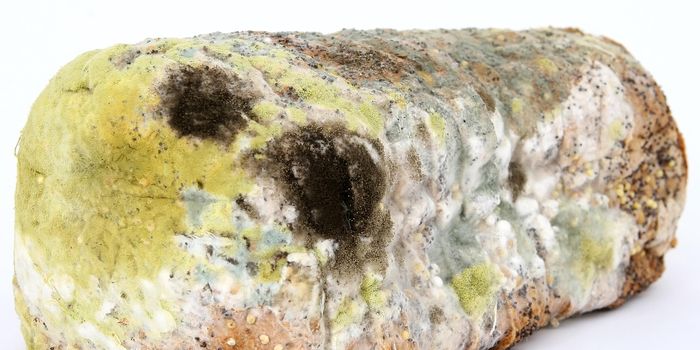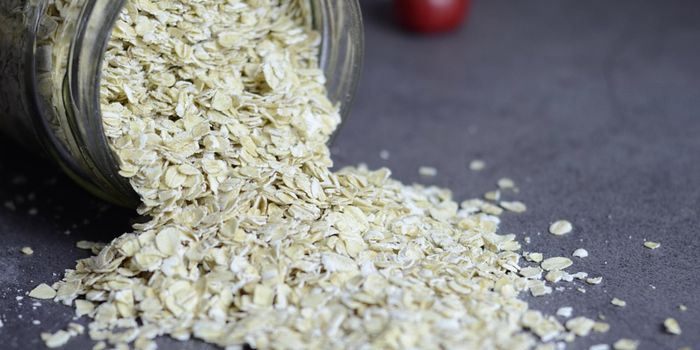Predation Drives Reproductive Patterns in Rodents, Study Finds
Smaller mammals, especially rodents, are rather low on the universal food chain. Due to the nature of their bite-sized physique, larger predators often take full advantage to satisfy their never-ending appetites.
Given what we know about rodents and their instrumental role in the universal food chain, why is it that their population numbers seem to rise exponentially? This question has riddled the minds of researchers for ages, but a study recently published in the journal Scientific Reports by researchers from the University of Jyväskylä appears to shed some light on the matter.
Image Credit: Pixabay
As it would seem, being on the menu for the vast majority of larger predators may benefit rodents more than it hurts them, at least in the long run.
Rodent mothers exposed to predation risks seemed to produce litters with up to 50% more pups than rodent mothers that weren’t exposed to the same predation risks. The findings illustrate how predation could act as a significant driver for shaping rodent populations in certain circumstances.
In addition to the apparent differences in litter sizes produced by rodent mothers, the researchers learned that frightening experiences involving predators could also impact how female and male rodents behave.
Related: Here's why rats are so difficult to get rid of
Male rodents that experience close calls with predators reportedly exhibit chemical signals that their female counterparts can sense. When a female rodent detects an elevated risk of predation, which a frightened male rodent might denote, they then try harder to reproduce sooner because they don’t know if they’ll get another chance later.
As it would seem, predation works as both a reproductive motivator and a mechanism for compensative litter frequency and size adjustments. Consequently, a rodent mother’s genes have a better chance of living on whether she gets eaten by a predator or not.
"This innovative experimental study bridges the proximate and ultimate explanations of small mammal behavioral responses. It's been long hypothesized that small, highly fecund (so-called "r-selected") species like voles might respond to heavy predation via reproductive compensation. This field study shows how these responses are mediated via chemo-olfactory cues," commented ecologist Danielle Lee from Southern Illinois University, who was not involved in the research.
"The work demonstrates once again the importance of this modality for intraspecific communication, population regulation, and trophic interactions."
Related: Communal rearing better prepares mice for the real world, study finds
It should be interesting to see whether future studies validate these results in other rodent species, and perhaps more importantly, in larger non-rodent vertebrates. After all, rodents aren’t the only animals on the planet subjected to predation.
Source: Phys.org, Scientific Reports









